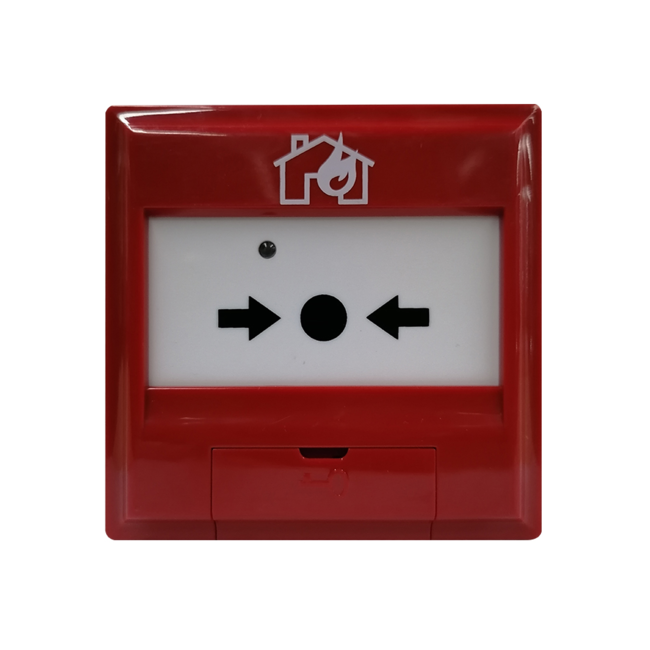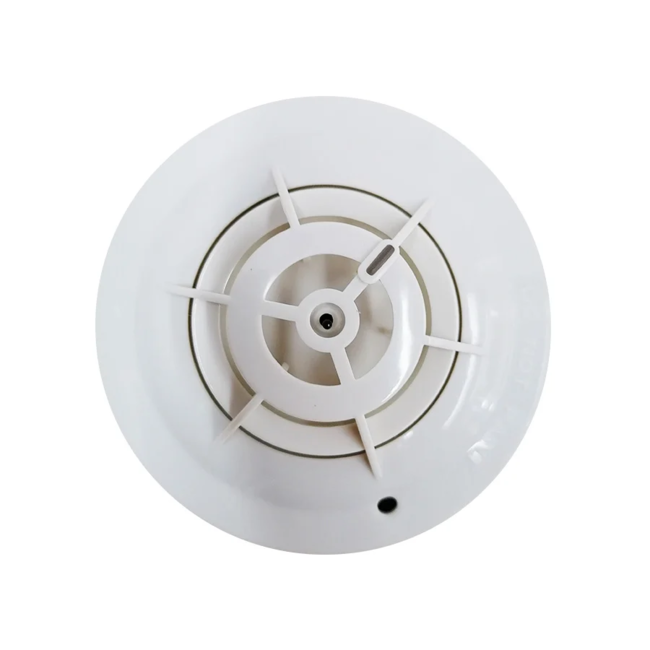Copyright © 2021TANDA Development Pte. Ltd. All rights reserved.Privacy Policy.Site MapDesigned by

Understanding the distinctions between conventional and addressable systems is important when establishing a new fire alarm system or updating an existing system.
How linked devices transmit signals to the main control panel is the primary distinction between them. Knowing the distinctions between the two and how they affect the system's lifetime cost and level of safety is the key to selecting the best one for your company.
This article will compare the two systems and suggest several things to take into account when deciding which system is ideal for your company.

People frequently consider analog systems or gadgets to be outmoded or antiquated in today's digital age. Conventional fire alarm systems have been in use for a very long time. Even today, many firms still employ them.
For tiny buildings where just one or two zones could cover the entire area, conventional systems are very dependable, economical, and accessible.
To take advantage of the additional advantages that modern technology offers, more and more small businesses are starting to consider addressable systems into consideration when it comes time to update existing systems.
When choosing a new system for your company, it's important to consider factors other than just the upfront expenditures when calculating the system's lifetime worth.
False alarms are always a crucial factor to take into account when selecting a fire alarm system.
The accumulation of dust and other pollutants on the sensors can cause erroneous signals to be sent to the control panel, which makes false alarms far more frequent with conventional systems.
These are challenging to prevent with conventional systems since there is no way to verify if the warning is false until first responders arrive and determine that contamination was the cause after physically looking for the detector that triggered the signal.
Addressable devices, on the other hand, can convey a range of data to the control panel, such as warnings about problems and reminders to do maintenance.
In addressable systems, the alarm panel keeps track of the smoke detectors' sensitivity level to avoid false alarms. In addressable devices, the sensitivity of the sensors can also be changed.
Additionally, addressable devices offer "drift correction" - the capacity to differentiate between swift changes brought on by an actual fire and subtle changes in the degree of smoke detection that happen over time as a result of contamination, such as dust.
Addressable systems unquestionably offer a higher level of fire safety because they enable firefighters to react more speedily and proficiently by identifying the precise location of a fire in a building.
Addressable systems can integrate notification, issue, and supervisory signals with audio messages to provide instructions or evacuation directions to residents in the case of a fire, in contrast to conventional systems that are restricted to alarm alerts.
People are more likely to take every alert seriously since addressable systems have fewer false alarms than conventional systems.
The way the various systems are wired makes an addressable system, on average, more dependable than a conventional system.
If a device's wire is damaged or severed in a conventional system, neither its signal nor the signals of other devices further down the line can be relayed to the control panel. The wire connects to the control panel of an addressable system at each endpoint.
Signals can therefore still reach the control panel through the opposite end of the loop even if one end is damaged or severed. A device can be disabled or withdrawn from an addressable system without affecting the other devices in the loop.

Even while it might be clear at this time that an addressable system offers a better, more economical architecture, the reality is that not every organization has the funding for such a system.
For assistance selecting the ideal fire alarm system for your needs and budget, get in touch with us right now.